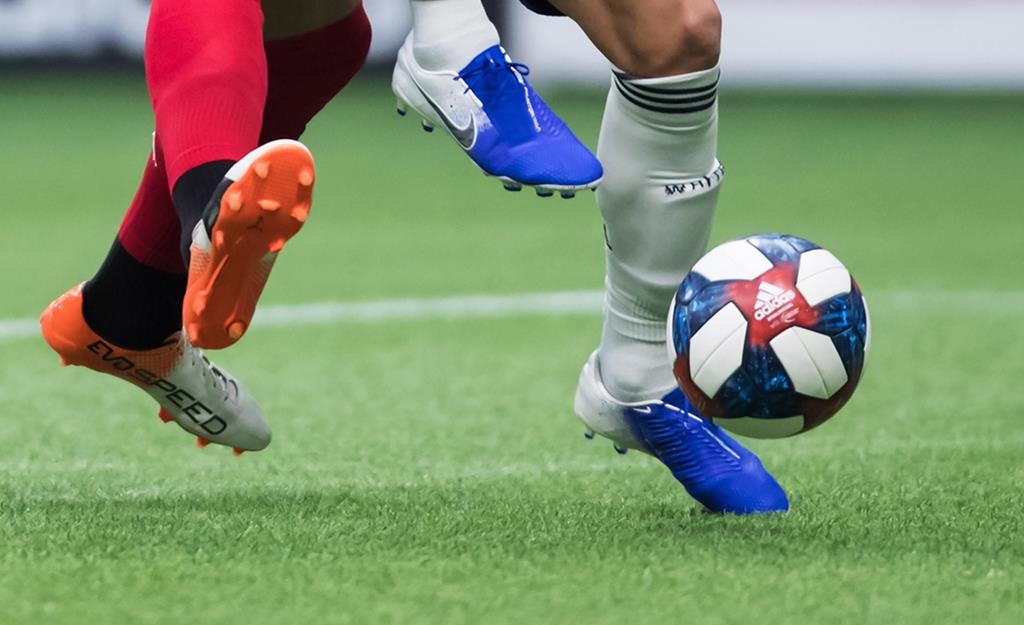While there have been sports video games almost as long as people have been using joysticks, those playing them still can’t best physical athletes in one area some might think would be comparable, according to a new study from the University of Waterloo.

In a release, the school says that strong visual skills are what sets the best of the best apart when competing in athletics.
“Athletes involved in sports with a high-level of movement – like soccer, football, or baseball – often score higher on dynamic visual acuity tests than non-athletes,” Kristine Dalton of Waterloo’s School of Optometry and Vision Science stated.
“Our research team wanted to investigate if action video gamers – who, like e-sport athletes, are regularly immersed in a dynamic, fast-paced 2-D video environment for large periods of time – would also show superior levels of dynamic visual acuity on par with athletes competing in physical sport.”
The school says it wanted to test dynamic visual acuity as it is a better tool to judge whether someone can spot moving objects clearly, which it says is important in both physical and esports.

Get daily National news
Waterloo says athletes crushed the test while those who played action video games tested closer on the scale to non-athletes.

“Ultimately, athletes showed a stronger ability to identify smaller moving targets, which suggests visual processing differences exist between them and our video game players,” said Alan Yee, a PhD candidate in vision science.
All of the study’s participants were “matched based on their level of static visual acuity and refractive error, distinguishing dynamic visual acuity as the varying factor on their test performance.”
The school says the study’s findings will help athletic training centres that were considering the idea of video game-based training programs to help athletes elevate their performance.
“Our findings show there is still a benefit to training in a 3-D environment,” said Dalton. “For athletes looking to develop stronger visual skills, the broader visual field and depth perception that come with physical training may be crucial to improving their dynamic visual acuity – and ultimately, their sport performance.”
- After controversial directive, Quebec now says anglophones have right to English health services
- Home reno spending was up $300B over pandemic, Re/Max Canada says
- Michael Kovrig reflects on ‘brutally hard’ Chinese detention: ‘You’re totally alone’
- U.S. moves to ban Chinese software, hardware from all vehicles in America








Comments